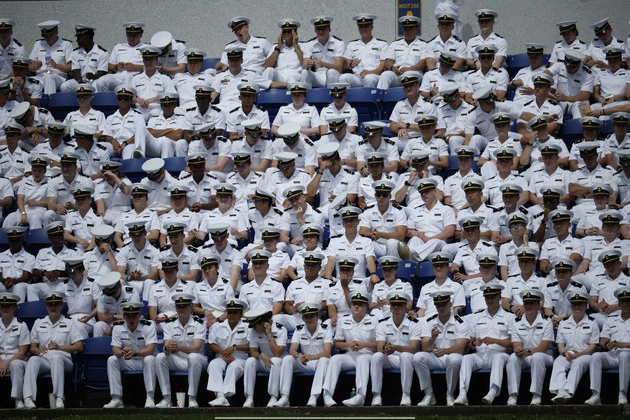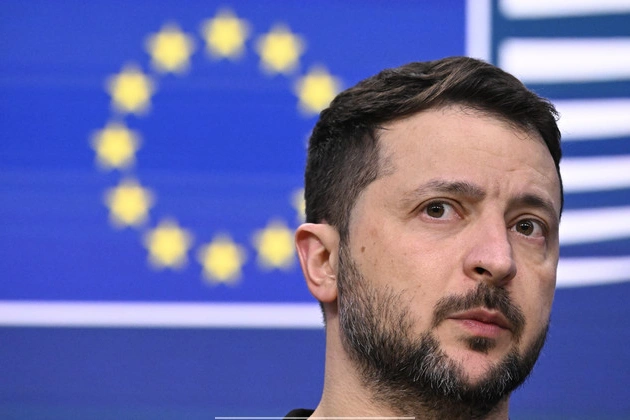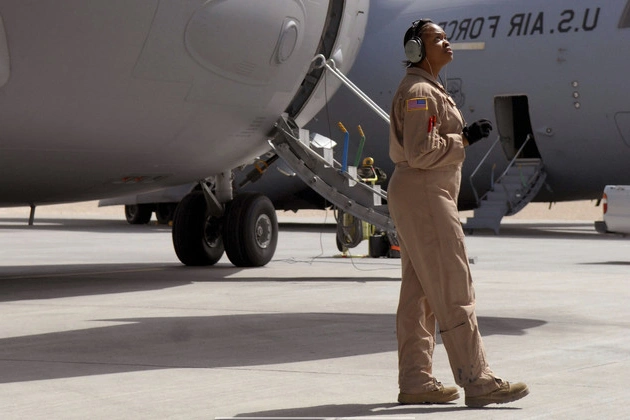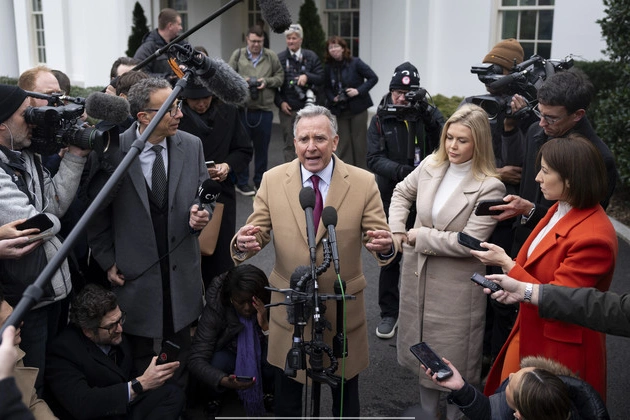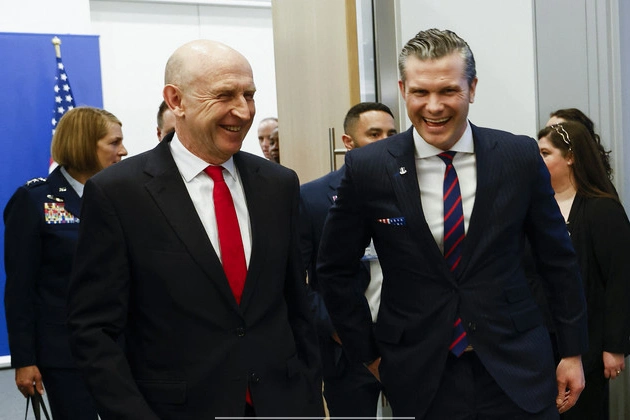
Defense Secretary Pete Hegseth shared his perspective on Ukraine’s borders, stressing the complexity of achieving a return to its pre-2014 boundaries. He highlighted the importance of a European military force supporting any peace agreement between Kyiv and Moscow.
The Challenge of Border Restoration
Emphasizing the illusory nature of restoring Ukraine to its former borders, Hegseth called for a pragmatic evaluation of the situation. He advocated for a strategy that combines allied strength with a clear understanding of the battlefield.
NATO’s Role and Security Guarantees
During his address at NATO headquarters, Hegseth underscored the need for robust security guarantees as part of any lasting peace agreement. He urged NATO allies to take on more responsibility in supplying Ukraine with necessary weapons.
Focusing on Realities and Priorities
While expressing support for NATO, Hegseth also outlined the Trump administration’s shift in focus towards other global priorities, citing China and border security. This strategic shift reflects the evolving security landscape and the need for a comprehensive approach.
In response to Hegseth’s remarks, British Defense Minister John Healey affirmed the commitment to NATO and European security. He acknowledged the challenges posed by the proposed increase in defense spending but reiterated the collective dedication to supporting Ukraine and enhancing regional security.
Ukraine’s Response and Future Prospects
Despite initial concerns raised by Ukrainian officials following Hegseth’s comments, there is recognition of the need for continued dialogue and support. The emphasis on military-technical assistance and sanctions against Russia highlights the ongoing efforts to address the conflict and secure Ukraine’s territorial integrity.
As discussions progress at the Munich gathering and within the Ukraine Defense Contact Group, the focus remains on finding viable solutions that prioritize stability and cooperation in the region.







